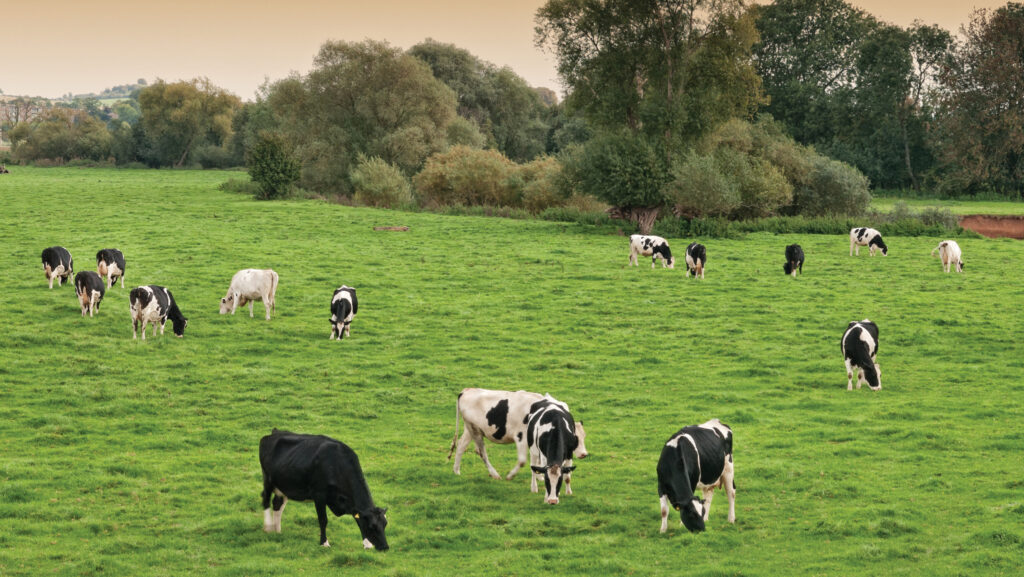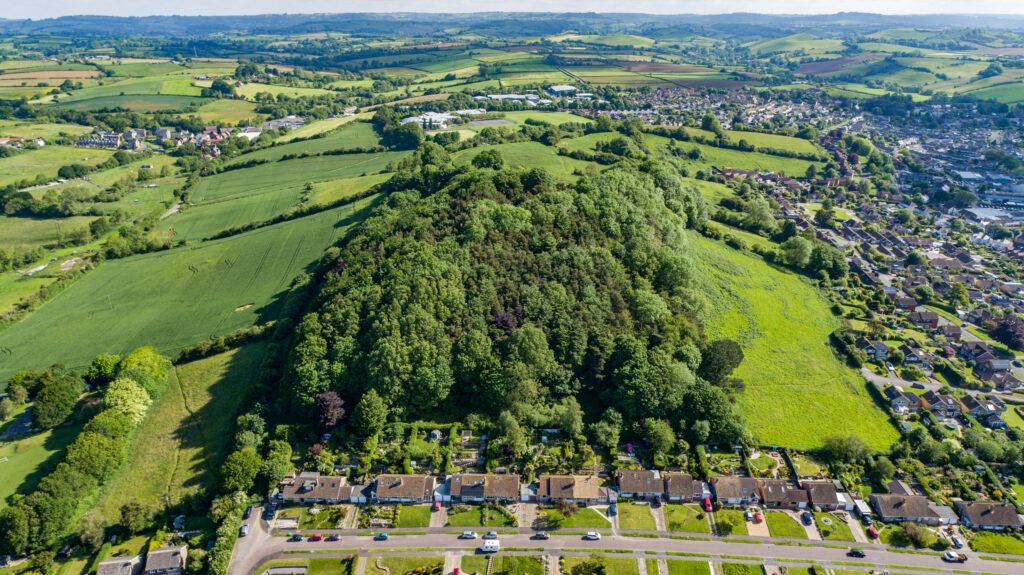Land markets: Buoyant demand for well-equipped dairy farms
 © Adobe Stock
© Adobe Stock The scaling-up of dairy farms is reflected in the farmland market.
Across the UK, agents report good demand for units suitable for herds of 250 cows or more and competition among expanding milk producers for blocks of farmland.
Roger Parry, of Shrewsbury-based Roger Parry & Partners, says it is a trend that is intensifying.
“The market has dramatically changed in the past two or three years. Up to that point, it was 150- to 200-cow units that were changing hands, but the economics of dairy farming have made that herd size less viable.”
On average, larger farms have lower production costs than smaller farms, and while herd size is by no means the only factor influencing production costs, these scale-related differences are important.
See also: Solar lease opportunities – what to consider
The firm has sold several dairy farms in the Shropshire/Cheshire area in the past 12 months.
“We have had 300-acre-plus dairy farms for sale and have had national interest from people looking to buy,” Mr Parry says.
“There are a range of people prepared to purchase well-equipped dairy farms and also those establishing brand-new setups, clients who have sold development land and have children coming through and are prepared to invest heavily.”
The firm has instructions from retiring farmers to launch two dairy holdings this autumn, in Carmarthenshire and in north Shropshire, both modern setups.
Expanding milk producers dominate the market for blocks of land in the south-west of England.
In north Devon, Richard Webber, partner at Greenslade Taylor Hunt, says that market is buoyant. “It is very much a localised market and, for that reason, it is almost impossible to value until it comes onto the market.”
Meanwhile, confidence in dairying appears to be high in Scotland, according to Stephen Buchan, head of agriculture Scotland at Virgin Money, with strong demand within the sector for land.
This, he suggests, is being driven in part by a desire by milk producers to secure forage and land for cereal production to support home-grown feed and reduce dependence on rented land.
“Even with uncertainties in the industry – the Yew Tree sale [to Muller] being a notable one – progressive farmers are continuing to invest to secure their long-term futures,’’ he says.
Mr Buchan notes there has been an uptick in the number of dairy farms in Scotland coming onto the market compared to recent years.
H&H Land & Estates, which also operates in Scotland and in the Borders, has seen strong demand from grass-based dairy systems requiring ring-fenced units and by those seeking well-equipped, intensive dairy holdings with good infrastructure and equipment.
Director Thomas Armstrong says the company has sold several small-to-medium dairy farms across the north-west of England in 2024, and these had sold well.
“I cannot seen any change in this going forward in the short to medium term,” he says.
Also operating in the North West, and in Cheshire, Rostons recently sold a 180-acre dairy holding with modern buildings and robot milkers, which saw significant interest.
However, as observed with smaller farms in other parts of the UK, Rostons director Tony Rimmer says that interest came from farmers interested in bolting the unit onto an existing business or operating it as a youngstock farm.
“All the dairy farms that have come to the market in this region have sold well – if you can’t make money in Cheshire from dairying then there is no hope for the rest of the country,” says Mr Rimmer.
Dorset bare land
Farmland on one of Dorset’s iconic hills is set to be launched at a guide price of £1m.
Watton Hill at Bridport, offers 82 acres and includes arable land, several pasture fields, paddocks and mixed woodland.

Watton Hill © Carter Jonas
Joint selling agents Carter Jonas and Symonds & Sampson says some of the land may have development potential.
The sale is subject to a 30-year overage clause requiring 25% of any uplift in value on the grant of planning consent for non-agricultural, non-equestrian, non-horticultural, and non-forestry uses to be passed to the vendor.
Watton Hill is being sold as a whole or in up to five lots.
